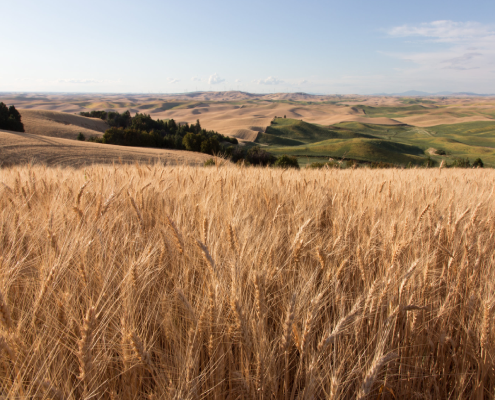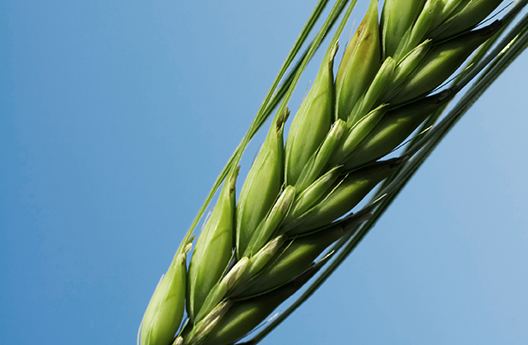By Elizabeth Westendorf, USW Policy Specialist
Two weeks ago, government officials from Canada and the United States met for the biannual Consultative Committee on Agriculture — a committee designed to facilitate cross border trade flows and cooperation. In preparation for this meeting, USW sent a letter to the USDA highlighting the need for Canada to correct its discriminatory treatment of foreign grain. Both countries have a strong commitment to cross-border collaboration and open trade, but Canada’s protectionist measures go against these principles and deny U.S. wheat farmers access to a market that is right next door.
While Canada is one of the United States’ largest trading partners, USW continues to have concerns about the closed nature of its bulk grain handling system, which will not allow U.S. wheat to receive an official grade commensurate with its quality. Though Canada privatized the Canadian Wheat Board in 2012, it has not completely liberalized its wheat industry. Instead of letting U.S. wheat into its bulk grain handling system, Canada downgrades all foreign wheat to the lowest grade, feed wheat. U.S. wheat is of comparable quality to Canadian wheat, so this downgrading of all foreign wheat is a blatantly protectionist action. It denies U.S. farmers access to the market across the border, access that Canadian farmers have if they choose to bring their wheat to U.S. elevators during harvest. This lack of access means that when there is a price premium at Canadian elevators near the border, as we saw in the late summer and fall of 2015, U.S. farmers cannot take advantage of those higher prices.
USW hopes that Canada’s new government will commit to reform its Grains Act and allow foreign grain to receive the same treatment as domestic. The United States repealed Country of Origin Labeling (COOL) for meat in December 2015 as Canada requested, but Canada’s discriminatory wheat treatment does much of the same thing as COOL. Now that the United States has domestically addressed its treatment of Canadian livestock, it seems only fair that Canada fix its treatment of U.S. wheat. This will ensure a healthy continuation of the long-term partnership between the two countries. Governments should never be responsible for segregation that market forces could manage more efficiently. USW is happy to see our Canadian industry counterparts calling for reform alongside us, and we look forward to Canada continuing to break down barriers to the free trade of wheat.



